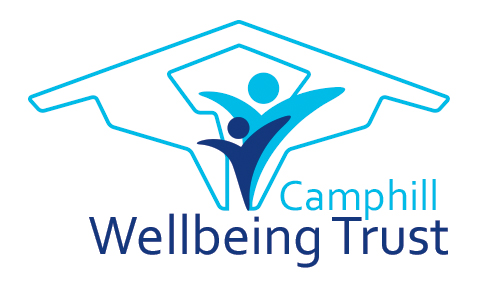The Importance of Time for Self
Time for self plays a crucial role in helping maintain your physical and mental wellbeing.
When you regularly make time for yourself it allows your body and mind to recharge and come into balance through focusing on those things which are really important to you; those things which give your life meaning and purpose. This in turn can positively influence the way you approach life, tackle challenges and engage with others.
Try our simple exercises below on a daily basis as part of your ‘me-time’.
We would love to hear your feedback on our Time for Self videos. Your comments and feedback will help us to continue to improve our services. Download our feedback form below, complete and return by email: admin@cwt.scot
Breathing Exercises
Simple Breathing Exercise
This simple breathing exercise can help to create an awareness of breathing which can help you focus and become fully present during your ‘time for self’.
Followed daily, they can help promote calmness, reducing fear and anxiety.
Deep Breathing Exercise
This simple breathing exercise can help to create an awareness of breathing which can help you focus and become fully present during your ‘time for self’.
Followed daily, they can help promote calmness, reducing fear and anxiety.
Object Focus Exercise
The object focus exercise can help reduce sensory overload by focusing on one sensory input only.
Reverse Review Exercise
The Reverse Review exercise can help focus thoughts and bring awareness as you observe and work through your day’s events in reverse order.
Gratitude Journal
Gratitude journals are a useful tool during your ‘time for self’. They encourage a positive evaluation of your day and help you appreciate you as an individual.
While they can be helpful to people of any of the 3-types [to find out which type you are, read Issue 23 of our Health Matters newsletter] they are particularly helpful for people with rhythmic tendencies in the ‘time for self’ area.
How to Use
Plan to write in your gratitude journal every evening.
Just before going to sleep can be a good time for some people. Give yourself at least 10-15 minutes space to do this. You might want to set an alarm reminder on your phone or schedule it in your calendar to remind you if you find this difficult.
Keep your gratitude journal by your bed so you will see it before going to sleep and remember to jot down what you are thankful for. Your journal may even become a symbol of gratitude so that when you just look at it, you will feel a sense of appreciation.
You can write as many things as you like in your gratitude journal but aim to start with 3-5.
Your gratitude journal doesn’t have to be deep. What you are thankful for can be simple. For example, heart types may consider things such as “family” or “the new book or movie I recently enjoyed” while lung types note things such as: “I stated my preference for eating this evening” or “I have the ability to walk to and from work” or “I took 10 minutes just for myself today”. What you are grateful for will differ from everyone else.
